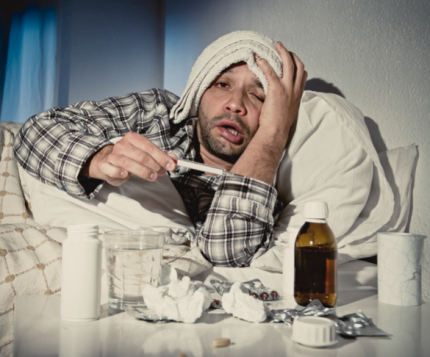Sports Nutrition Insider


WILL I GET A COLD?
QUESTION: Does working out make me more susceptible to colds?
ANSWER: Research shows that untrained individuals are more susceptible to oxygen damage during exercise because of the changes that make possible the formation of reactive oxygen species (ROS). Many disease and sicknesses are linked as a result of an imbalance between formation and clearance of these harmful oxygen species. Moreover, excessive training, nutrient deficiency and/or muscle damage has adverse consequences on the immune system, leading to an increase in ROS. In spite of the risk, those who are physically active adapt in antioxidant defence systems that fight ROS. Current literature indicates that physical activity can enhance both antioxidant ability and the ability to use oxygen in the muscle. Results also show that endurance training can increase levels of certain antioxidant enzymes in the muscle, demonstrating a potential for improvement and resistance to the toxic ROS. Dietary supplementation with fish oils, flaxseeds and specific vitamins in healthy humans has been shown to significantly reduce ROS production. Research suggests that dietary manipulation with n-3 fatty acids, vitamin C, vitamin E, or BCAAs may have a significant beneficial effect on immune regulation after exhaustive exercise.
To read Michael's take on sports drinks in bodybuilding, click here.

